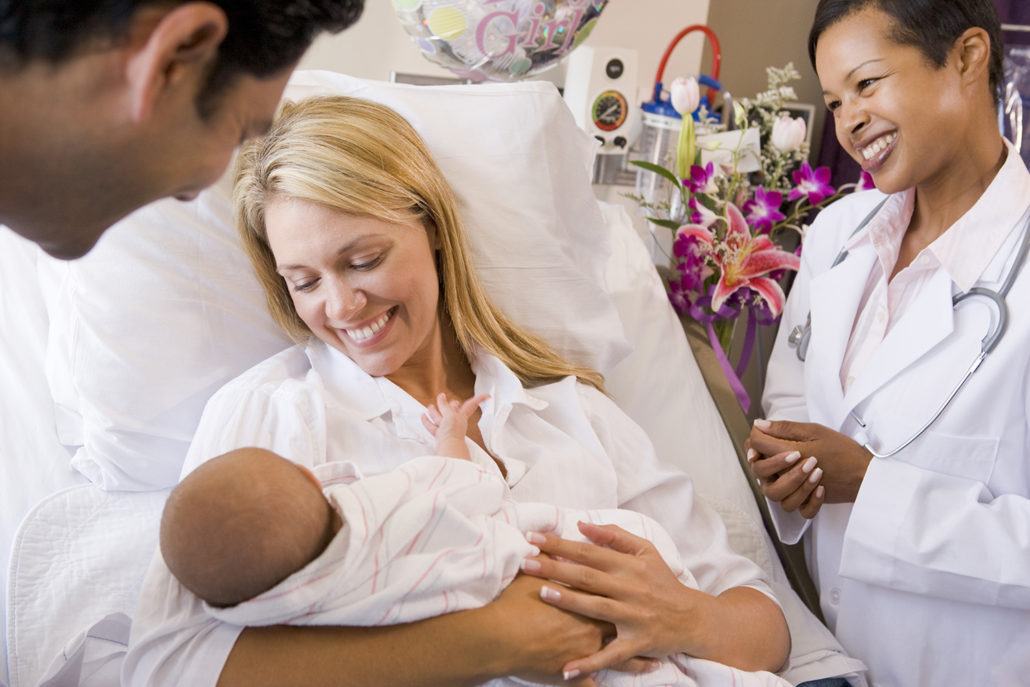A couple’s chance of having a child is influenced by many factors. The national report presents clinic specific success rates, as well as overall pooled data. These pooled national data are useful because they give a potential patient an idea of their average chances of success. However, couples considering entering treatment should not use average chances alone to determine their individual likelihood of getting pregnant. It is important to consult with a physician to consider any additional factors that may impact a couple’s chances of conceiving. A variety of factors outside a clinic’s control can affect a couple’s chances of obtaining a pregnancy and a live birth by using in vitro fertilization and other procedures.
Nonetheless, to a certain degree, IVF success rates are related to the expertise of a clinic’s staff and the quality of its laboratory. At AFAMG, we evaluate individual factors that can affect success and use this information to advise couples on their likely chance for success. This patient-tailored treatment approach has resulted in our stellar success rates.
Pregnancy Rates
Data from our clinic as well as from all other clinics nationwide reporting to the Centers for Disease Control are available at the websites listed below.
AFAMG no longer participates in SART. SART currently reports pregnancy rates that COMBINE fertile couples doing IVF for gender selection only with infertile couples. This gives people struggling with infertility a falsely high expectation of their chance of success and at the same time penalizes clinics like ours that don’t do a lot of gender selection cycles. Please keep this in mind when and if you compare success rates for different clinics.


